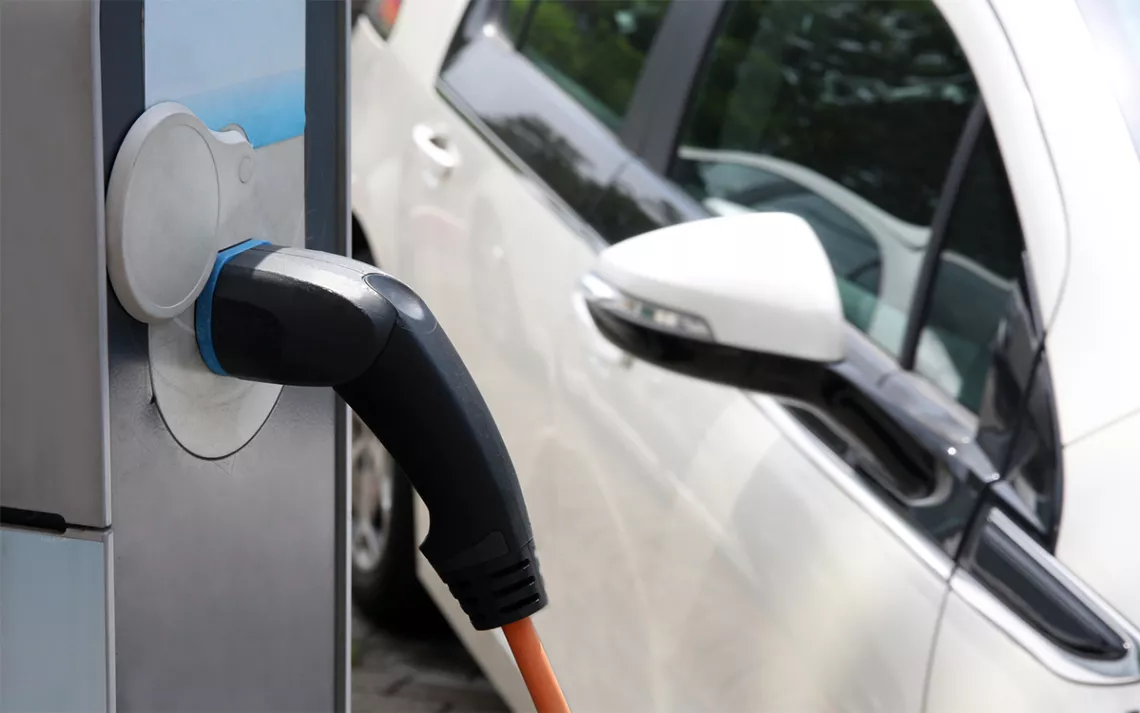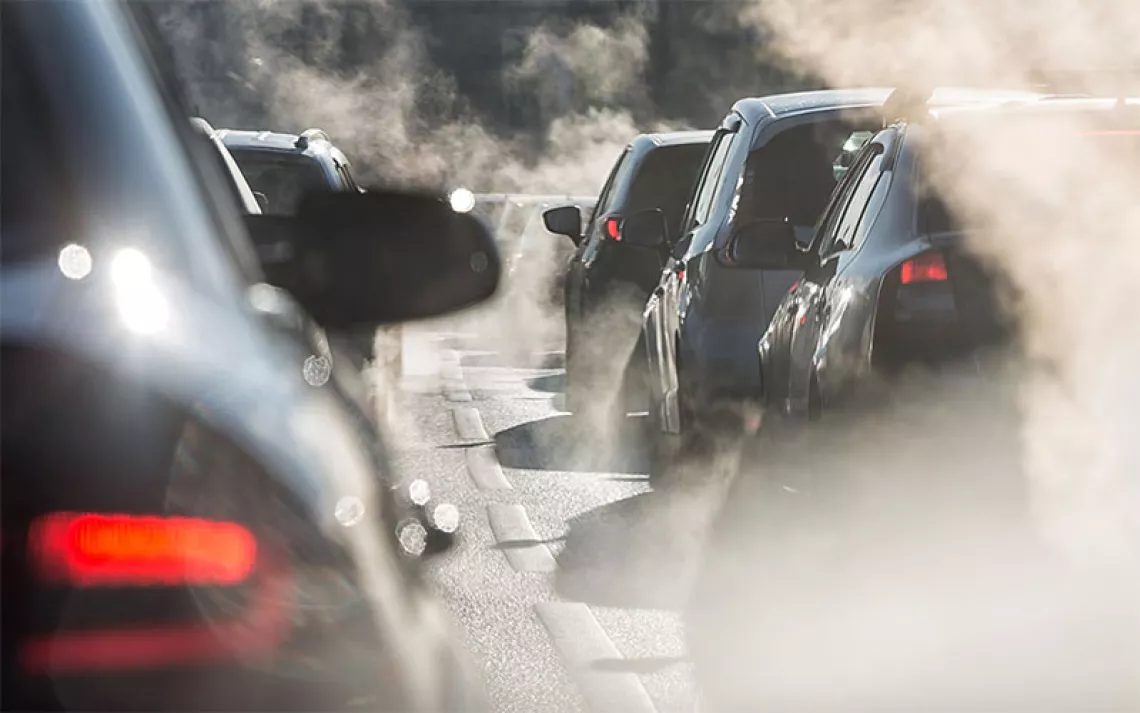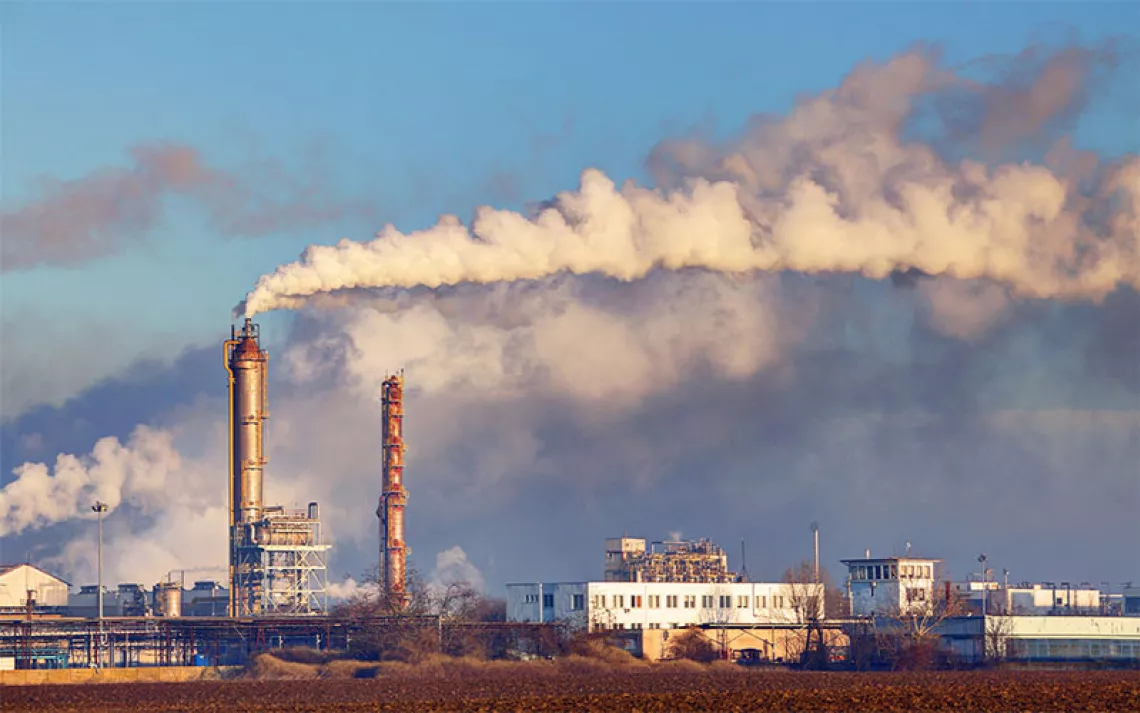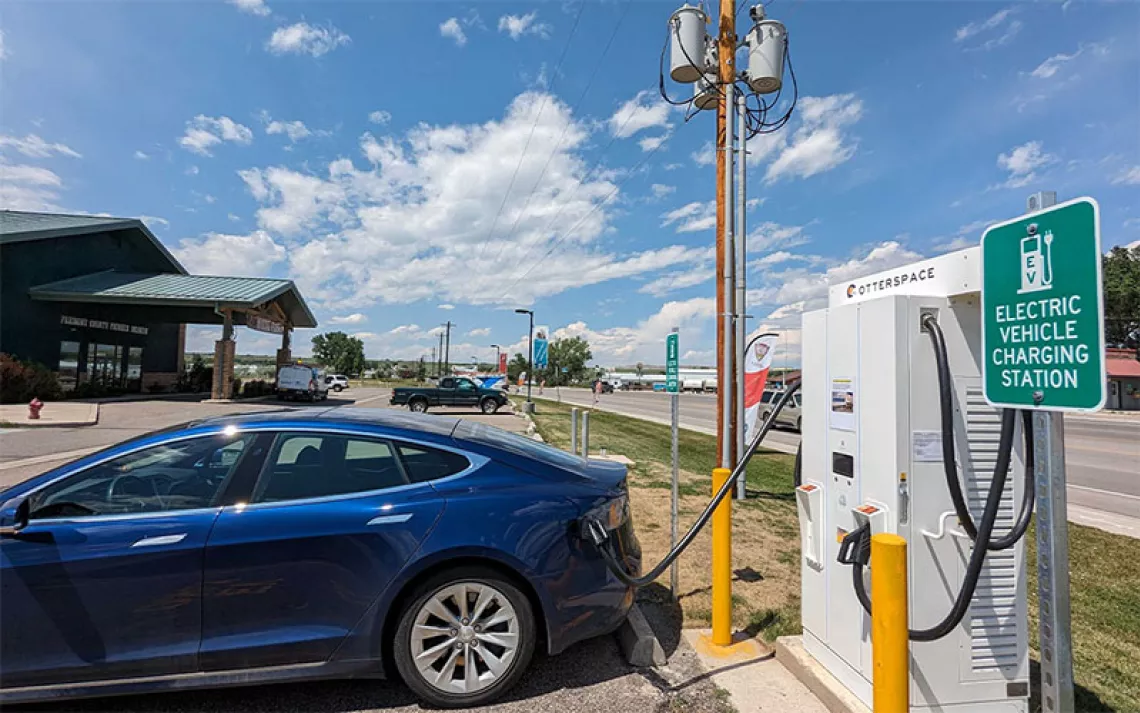Is It Better to Maintain an Old Car or Replace It?
An all-electric vehicle is your ticket to reducing your carbon impact

Photo by vladacanon/iStock
Hey Mr. Green,
I drive a 15-year-old Jeep with terrible gas mileage and intend to replace it soon with a newer, more efficient vehicle. I’m wondering, given the resources required to build a new car, whether it’s better to make an old car last as long as possible, or should I replace it sooner?
—Ami in Osceola, Indiana
Your Jeep probably won’t get more than 16 or 17 miles per gallon (and maybe less because of its advanced age), so if you drive it 10,000 miles per year, you’re burning more than 600 gallons of gas and pumping out a whopping six tons of carbon dioxide. If you purchase an efficient new car that gets 50 miles per gallon, you’ll be drastically cutting those emissions down to about two tons a year, and even more if you choose an all-electric vehicle.
As you might expect, there is a big range in estimated emissions that result from manufacturing a car, running from six metric tons of carbon dioxide for the Citroen C1 to 17 tons for a Ford Mondeo to a whopping 35 tons for the top Land Rover Discovery. So if you acquired a very small car, you could offset your Jeep’s emissions in a year or so, whereas the medium-size Ford’s manufacturing emissions would take more than three years to offset, while the Land Rover would need well over six years.
Unfortunately, new cars sold in the United States are only averaging 25.2 miles per gallon last year, thanks to the increased sales of less-efficient SUVs and pickup trucks. So it makes sense to replace the Jeep with a small, highly efficient vehicle. If we doubled our collective fuel efficiency, we could cut our gasoline consumption from 143 billon gallons a year to half that much, and maybe fret a teeny bit less about global warming.
 The Magazine of The Sierra Club
The Magazine of The Sierra Club







